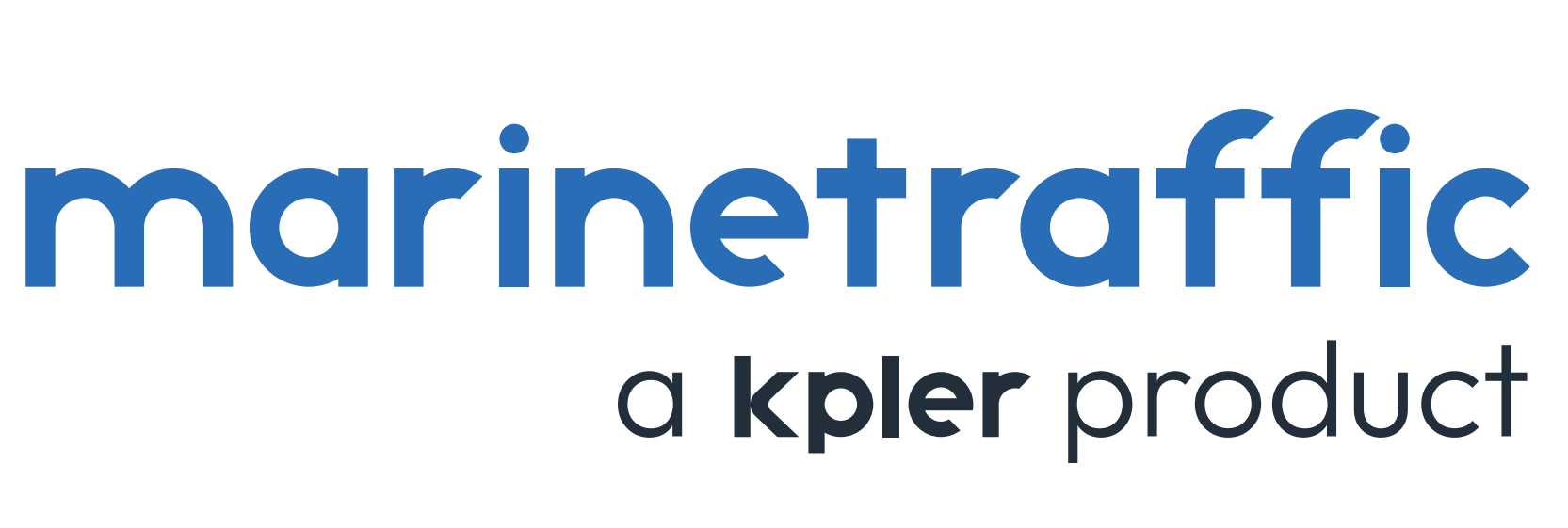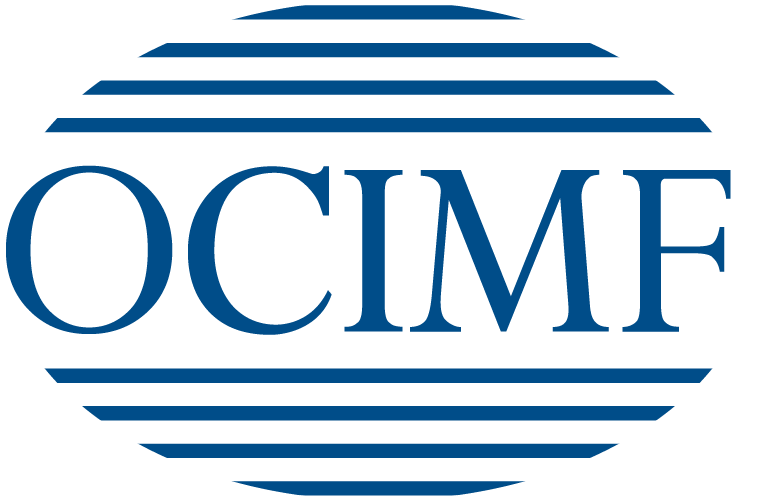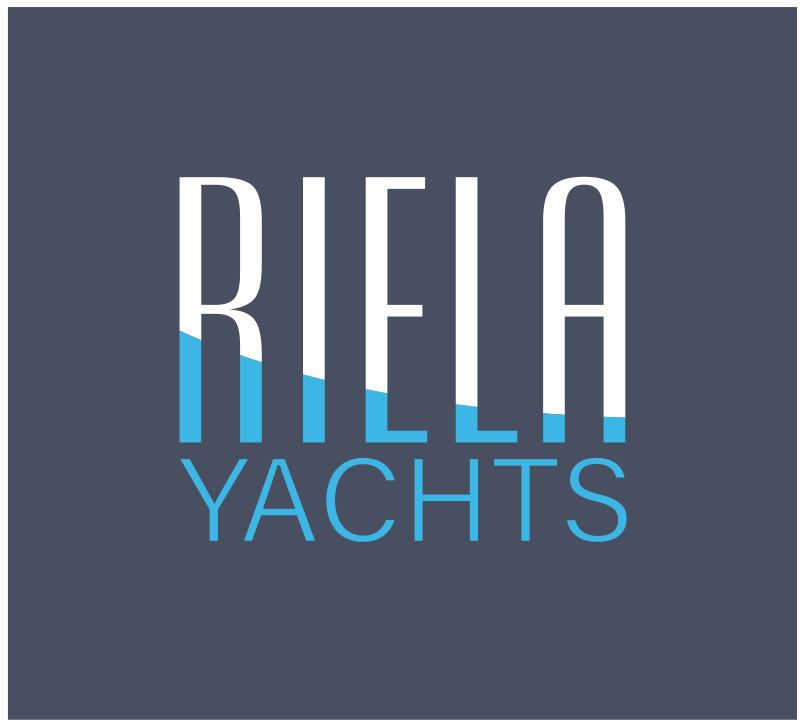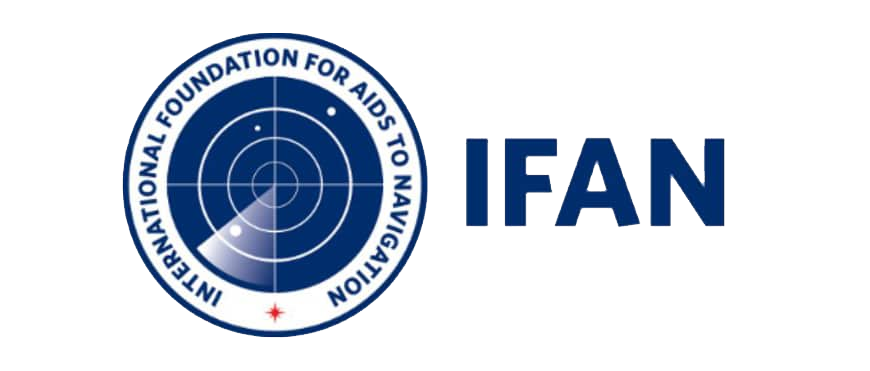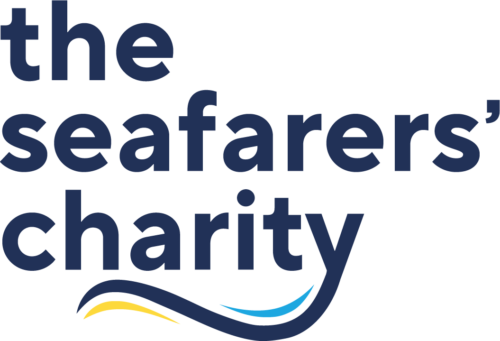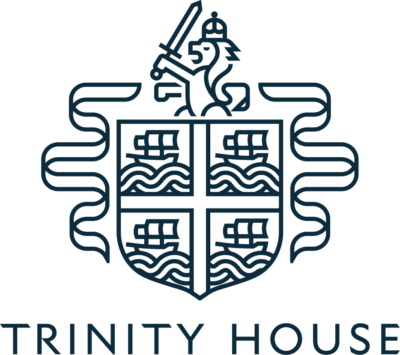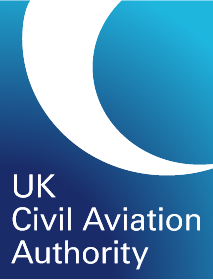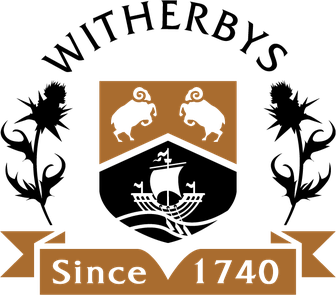Confidential. Independent. Impartial.
CHIRP is an independent and impartial charity dedicated to improving safety in the air and at sea. Our confidential human factors incident reporting system empowers people working in the maritime and aviation sectors to share their safety concerns without the fear of being identified. Once agreed by those who have reported, we follow up with the relevant organisations so that the necessary action can be taken.
Your voice matters. Help us build a safer future together.
Report human-factor safety incidents via our app, website or email.
Safety resources
Improve your safety culture today, and help others do the same!
We support individuals and organisations to create a safer and more positive work environment with our free reports, newsletters, policy submissions, best practice learnings, videos, articles and more. Use our safety resources to improve your safety and that of others. You can reprint or reproduce any of our publications for free.
Support our work
There are many ways you can support us to create a safer work culture for aviators and seafarers.
Are you an expert in your field and have extensive experience in either the aviation or maritime sectors and have knowledge of human factors? Why not find out more about our Advisory Boards? Our board members provide subject-matter expertise and guidance in the analysis and resolution of reports.
Why not become a CHIRP ambassador to help spread the word about our reporting system and the important work we do to improve safety?
Want to sponsor CHIRP? We are 100% funded through grants, sponsorships and donations we receive. All the safety information we share and the resources we produce are available for free, but we need your support to continue the important work that we do. Become a sponsor today.
